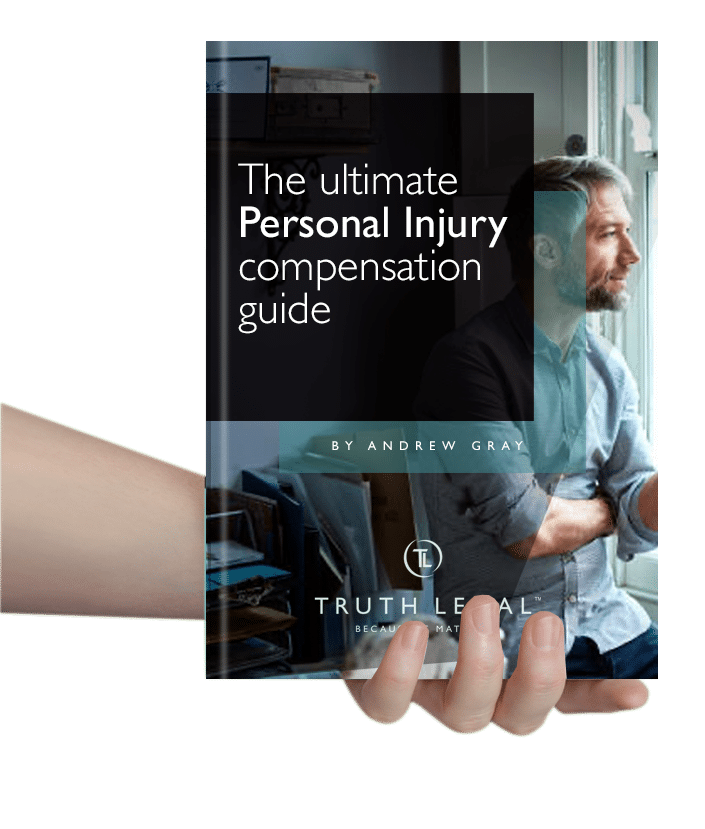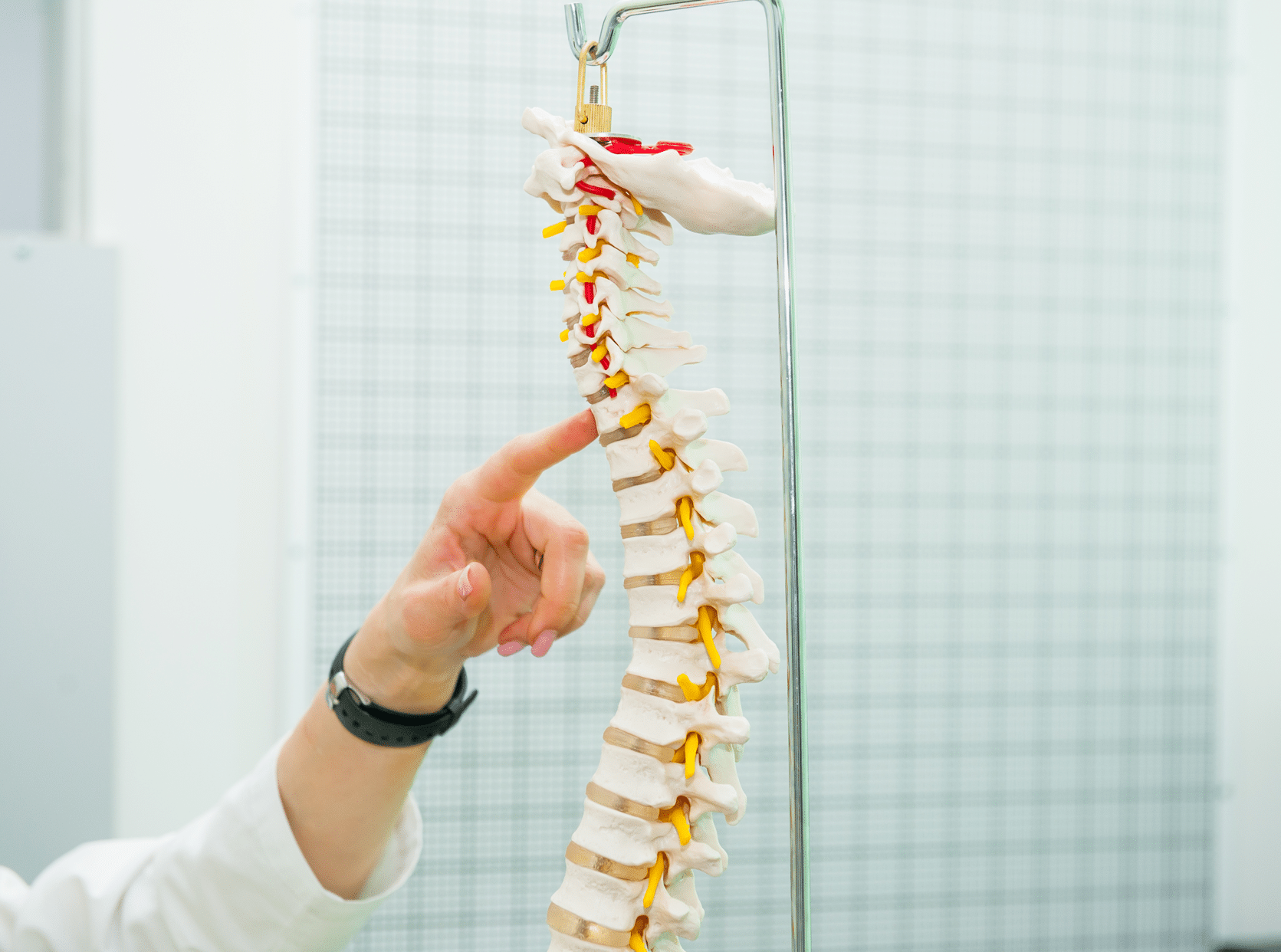If you have been injured by defective equipment supplied to you at work, it can be hard to shake the feeling that it could have been so easily avoided.
Your employer has a responsibility to keep you safe, as far as possible, whilst at work, and to ensure that any equipment issued to you is fit for purpose. If they have failed in these duties, and you have been injured as a result, you may be able to make a claim for compensation.
At Truth Legal, our experienced personal injury lawyers can help you to recover the compensation you deserve.
Get in touch with us today for a free initial consultation to discuss your situation.
Making a defective work equipment injury claim
Defective work equipment can mean:
- Equipment which is unsuitable for the task at hand – such as ladders which are too short or do not have the required stability.
- Makeshift equipment – such as tools which have been adapted from others and put to a use for which they were never intended.
- Equipment which lacks important safety features – such as machines without safety guards.
Although safety equipment (such as Personal Protective Equipment), machinery, and tools are perhaps the most dangerous things to be used in a defective state, the same principles apply to office equipment. For example, a defective office chair can easily cause back injuries, either over a period of time, or more immediately if it breaks suddenly whilst someone is using it.
If your employer has done everything they reasonably can to ensure the equipment is safe, but it still failed, then it may be possible to make a claim against the manufacturer of the equipment instead.
Recent success stories
Why should I claim with Truth Legal?
It is important to receive the best advice and legal support when making a claim for defective equipment injuries.
Truth Legal’s team of specialist personal injury lawyers have extensive experience of securing compensation for clients who have been injured in accidents at work.
We offer:
- A free initial consultation – to discuss your circumstances.
- Specialist technical knowledge and experience – so you can rest assured that your case is in the best hands.
- Practical advice – tailored to your situation.
- Strong representation – fighting for the compensation and outcome you deserve.
- Support and compassion – friendly, knowledgeable professionals on your side through a difficult time.
If you’d like to know more about claiming with us, read our blog:
FAQ
‘No Win No Fee’ defective equipment injury claims

If we are successful, some money will be deducted from your compensation award to pay our fees in part. Most fees, however, are recovered from the party you are claiming from (or more commonly their insurers). This is the normal way in which ‘No Win No Fee’ Agreements operate.
Truth Legal always try to offer ‘No Win, No Fee’ Agreements wherever possible.
We will discuss funding with you in full before your claim begins. However, if you have any queries about our fees, please get in touch so that we can explain matters further.
Further reading
Read our extensive guide for more information on accidents at work claims.
























